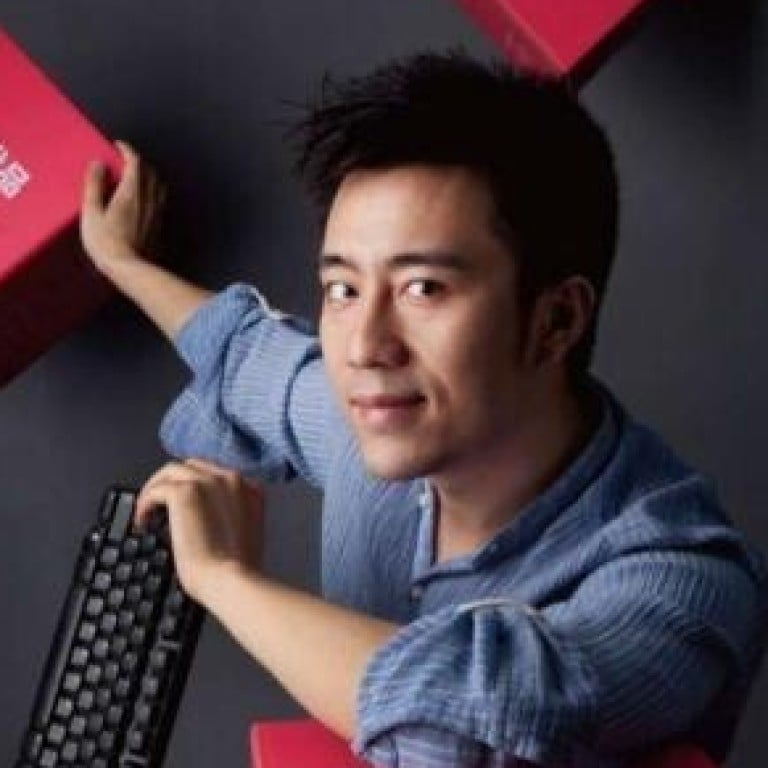Who is Jumei founder Chen Ou, the Chinese millennial entrepreneur nicknamed ‘Mr Right’ who made – then lost – billions?

Crowned the youngest publicly-listed CEO in China back in 2014 thanks to his cosmetics e-commerce empire – stormy seas were ahead for Chen, with Jumei pulled from the New York Stock Exchange in January this year
Chinese entrepreneur Chen Ou has been famous ever since his company, Jumei, was launched in 2010. The New York-listed lifestyle retailer offers a variety of beauty and fashion products in China at attractive prices – and in 2014 Chen was crowned as the youngest publicly-listed CEO in China when the company was listed on the Nasdaq index.
In April, Chen made global headlines again when his company completed privatisation, following his earlier announcement of retreating from the NYSE (New York Stock Exchange) in January 2020. At its peak, Jumei was worth more than US$5.78 billion, with Chen himself worth around US$1.7 billion, but today both are only valued at a fraction.
Chen is not only known for his entrepreneurship but also his handsome appearance. Called “Mr Right” by many, he created a famous catchphrase and successful marketing campaign for the enterprise, which reads “I’m Chen Ou, I’m my own ambassador”.
So, who is this good-looking millennial CEO that fascinated the stock market and consumers’ wallets alike?
He aced at school

Born in Sichuan province in 1983, Chen received a scholarship to study at Singapore’s Nanyang Technological University when he was just 16 years old. He then continued his education at Stanford University where he became the youngest Chinese person ever to receive an MBA, aged 26.
Jumei is not his first company
Jumei is not Chen’s first company, but his third. When he was at Nanyang, he co-founded an online gaming platform called Garena. Then after graduating from Stanford, he co-founded a venture with his two classmates called Reemake. The company was focused on running ad spots on online games. Both companies failed.
It wasn’t until 2010 that Chen Ou found success. Not long after its launch, Jumei garnered a lot of attention from customers and investors as Chen, 31 at the time, became China’s youngest billionaire by 2014.